Who's liable when I've been in a fist fight?
Determining Culpability
To build a personal injury case against your attacker, you must first prove that they are culpable for the altercation. To do this, you must show that they were solely responsible for starting the fight. You must also show that they struck you first without any legal cause before you defended yourself.
In other words, if you were intimidating or assaulting an innocent third party at the time that the other person threw the first punch at you, then they had legal cause to strike you. In that case, they were defending the third party, and you won’t have a case. On the other hand, if you were the person defending a third party and you were injured in a fight, you could be due compensation afterward.
Factors That Affect a Personal Injury Fight Case
- Consent – They may attempt to show that you consented to fighting them and that you were aware or should have been aware that they might strike first and/or injure you.
- Defense of property – They may bring evidence showing that they struck you to prevent you from damaging, destroying, or taking their property.
- Contributory negligence – They may try to show that you did not act in a way to end the fight or preserve your safety. This defense could include drunkenness on your part, inappropriate confrontation, and/or unreasonable provocation.
In addition to these three defenses, your attacker may also attempt to use a self-defense or defense of a third party argument, as we discussed earlier. If you can eliminate these defenses, then you have a good case for a personal injury suit.
Determining Liability
After you’ve proved that your attacker is culpable for the fight, it is then determined that they are also liable for damages you sustained during the fight. At this point you will have to bring evidence of injuries, medical bills, lost wages, damage to property, and any other trauma or damages caused by the fight. This will determine how much you are owed in compensation.
What to Do If You’re in a Fight
If you are unfortunate enough to be in a fight that is not your fault and that you did not consent to, you should know what to do afterward to improve your case. First, call the police. When they arrive, you’ll be able to explain the situation and get a police report.
Then, once you know a police report has been filed on the incident, talk with any witnesses in the area, especially those who have no affiliation with you. Gather their contact information to give to your attorney. Then you’ll want to get as much picture and video evidence together as you can. All of this will help you when you call your attorney, which is, of course, your next step in getting compensation.
If you’ve been in a fight and you believe that you’re owed compensation for your injuries, call a personal injury attorney today to discuss your case.



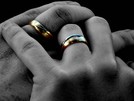
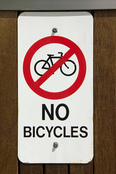
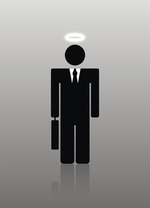


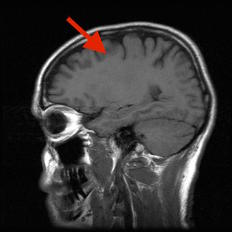
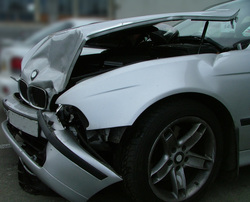

 RSS Feed
RSS Feed


